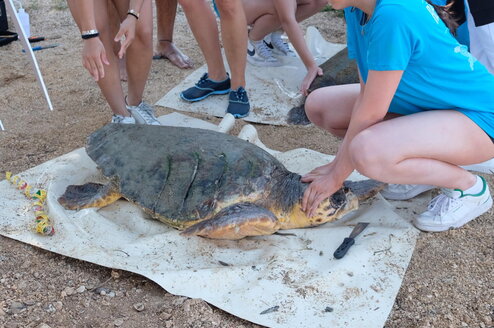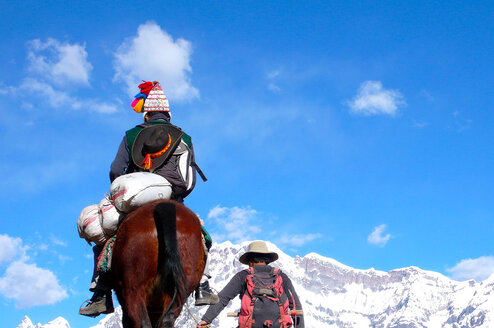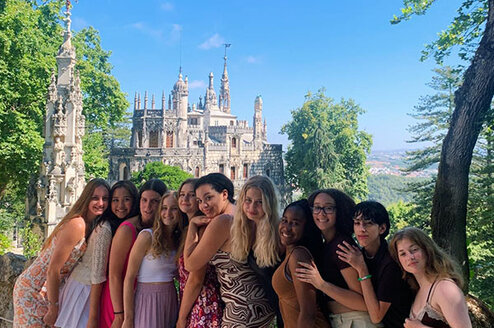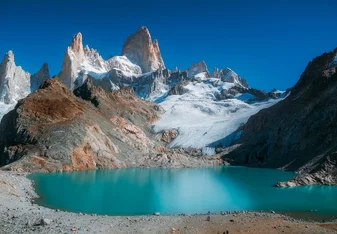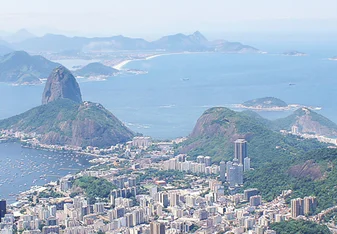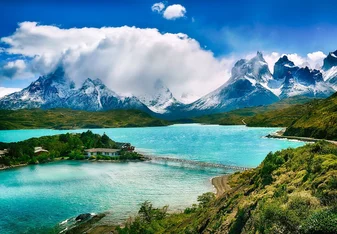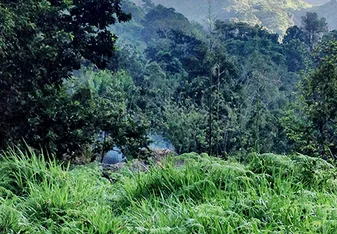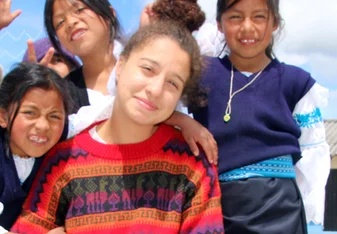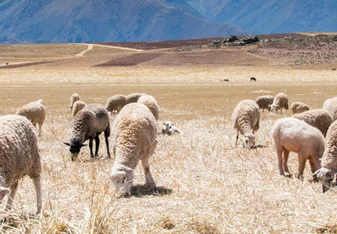High School Abroad in Bolivia
High School Abroad Programs in Bolivia
About
Bolivia is home to the world's largest salt flat, the Amazonian jungle, extraordinary mountain ranges, delicious quinoa dishes, vast range of wildlife, and the multi-cultural influence of 36 distinct ethnic groups. So why wouldn't you participate in a high school abroad program in Bolivia?
Immerse yourself in the culture by traveling across the country, living with host families while practicing your language skills, or working with local activists and politicians for a summer. Volunteer with Bolivian doctors, and teach children about essential health care issues.
If you can't contain your wanderlust and are eager to see other parts of South America, you could even enroll in a spring semester traveling program through Ecuador, the Galapagos Islands, Peru, and Bolivia.
Bolivia is great for students who want to practice their Spanish, are interested in development and health issues, and want to learn more about South America.
Program Types
If you're interested in spending time abroad in Bolivia while in high school, you can choose from:
- Cultural immersion
- Volunteer (service learning)
- Teen travel
Cultural Immersion
Get to know several of the 36 distinct cultural and language groups by spending four to six weeks living with them over the summer! You'll travel through different parts of Bolivia with your program, giving you the chance to live with several host families along the way, where you will get the opportunity to practice your Spanish with influential people in your community.
Volunteer (service learning)
What better way to get to know a country than by volunteering abroad? Spend two weeks working as a medical intern at a Bolivian health center or hospital. You will get to shadow doctors and help out with basic medical exams while teaching children about important health issues in Bolivia. To further contribute to your immersion, you will also get to live with a host family, which will help with your language practice.
Teen Travel
Understand South America better by traveling through several countries throughout the course of your spring semester. You'll start off in Ecuador, and travel through the Galapagos and Peru before reaching Bolivia. This program type is for hands-on learners, who are eager to experience the culture of each of these countries through cooking lessons, hikes, interaction with local influentials, and other sorts of outdoor exhibitions.
Planning Your Trip
Popular Cities
- La Paz: beautiful mountain city with markets, home of Congress
- Santa Cruz de la Sierra: history, museums, good food
- Tupiza: great for hiking and horseback riding
- Sucre: waterfalls, history, museums, cathedrals, the official capital
Visas
As of 2007, tourists must acquire an entry visa prior to arrival in Bolivia. Study abroad program providers will assist all students with this process, though, as part of the program costs.
Housing
During your time in Bolivia, you will live with a host family, or several host families depending on travel components. This will give you the chance to become fully immersed, have home cooked Bolivian meals, and have the ability to practice your Spanish skills daily.
Costs
The official currency in Bolivia is the Bolivianos, and $1 is equivalent to B$6.88. Though most meals will be provided by the host families, students can plan to spend between $3-8 USD for a typical meal out. Bolivia is also known for its artisan markets, so students should also bring money for souvenirs, if they choose.
Program costs vary depending on program type and duration. A two week volunteer program typically costs $2,445, a four to six week summer immersion costs between $6,850-$7,630, and a spring semester in South America costs $26,500.
Packing Tips
Due to its beautiful and diverse terrain, you may find yourself hiking, swimming, or walking along the salt flats, so pack for an adventure! Here's what we recommend you bring:
- Comfortable sandals and sneakers
- A bathing suit
- A weekend backpack
- Casual clothes that mix and match well
- Hiking clothes
- A nice outfit or two for dinner downtown
- A fleece, or warm jacket
- Insect repellent
- 230 V, Types A or B power plugs
Health & Safety
Health
Traces of the Zika virus have been found in Bolivia. To learn more about Zika and how to avoid getting infected, read the Washington Post's article on Zika precautions.
Prior to entering Bolivia it is recommended that travelers get vaccinated for Yellow fever, Cholera, Tuberculosis, Typhoid, Hepatitis A, Hepatitis B, and Rabies .
Safety
Protests are quite common in Bolivia, so it is recommended that students avoid them while they are overseas, as police have used tear gas at previous demonstrations before. Most protests are peaceful, though, and onsite staff are available and regularly communicate with students about safety while they are in Bolivia.
Petty theft such as pick-pocketing is also somewhat common, like in big cities anywhere around the world. It is recommended that students make copies of important documents such as passports, credit cards, and visas, and wear money belts when they travel.



